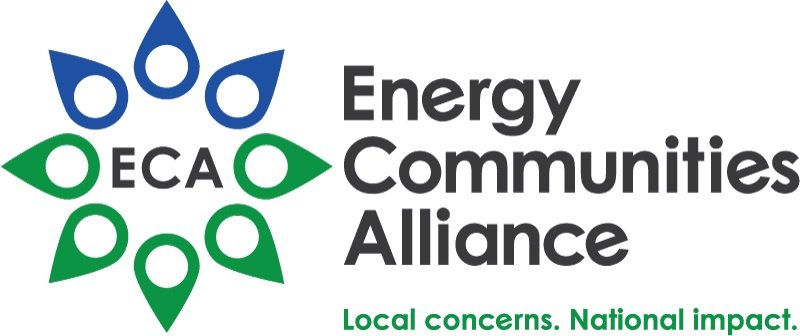New Luján legislation aims to improve growth, innovation, and opportunities at national labs
Photo courtesy of Los Alamos National Laboratory
Rep. Ben Ray Luján (D-NM) introduced a package of five bills this week called the Innovate to Create package, which aims to improve job opportunities, innovation, and modernization at national laboratories. Luján is currently the House Assistant Speaker, co-chair of the House Nuclear Cleanup Caucus, and co-chair of the National Labs Caucus.
National laboratories are present in several ECA members’ communities across the complex. For many, the labs are economic drivers for the local communities. At the same time, states, cities, and counties that host national labs play a critical role in the success of the labs’ missions by providing a workforce, municipal services, and other benefits.
ECA has worked with communities, DOE, and NNSA to ensure that the interdependent needs of both parties are met. Member communities continue to work with their elected officials to address housing for employees, modernizing infrastructure, and fully funding their missions. In May, ECA will host a conference in Santa Fe that will include discussions about workforce needs and solutions, including the development of the next generation’s national lab workforce.
Per a statement released by Rep. Luján, the new legislative package addresses several issues:
The TechSMART Workforce Development Act addresses the unmet need for training for STEM careers by investing in professional development and training for high-demand jobs, including at New Mexico’s national laboratories. The legislation creates a jobs pipeline by supporting apprenticeship programs, local partnerships, and eliminating barriers to employment.
The Community Solar Consumer Choice Act supports the growth of solar energy by making community solar more accessible to lower-income communities. Currently, 50 percent of American households and businesses cannot afford the cost of solar installation or live in buildings that cannot host solar panels. Directing new resources to expand solar power through community solar projects is not only a tangible way to combat the climate crisis but will also open the pathway to high-paying green economy jobs.
The Public Library Innovation Space Act harnesses public libraries to promote the development of ‘Maker Spaces’ to encourage innovation, economic development, and job creation. By inspiring, teaching, and invigorating our communities through technology, innovation, arts, and other foundational skills, we can create opportunities for individuals to secure high-tech jobs. Nearly one-third of all U.S. public libraries serve communities of 2,500 residents or fewer, making this legislation critically important for rural Americans to access the technologies that are the foundation of our economy.
The Leveraging our National Labs to Develop Tomorrow’s Technology Leaders Act strengthens the Department of Energy’s Lab-Embedded Entrepreneurship Program, which utilizes national laboratories to train and develop the next generation of tech entrepreneurs to meet the broader challenges and needs facing our communities.
The Restore and Modernize Our National Labs Act invests $6 billion to modernize the infrastructure of our national laboratories and ensure our laboratories can focus on the science and technology challenges of the future.

